Jewish History
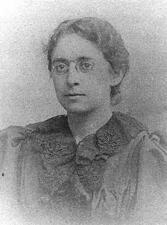
Henrietta Szold
Sara Szweber
Sara Szweber was an influential leader in the Jewish labor party, the Bund, first in Belarus, then in Poland, and later in New York.
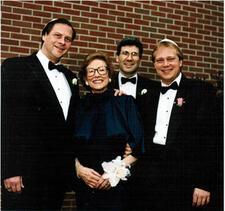
Marillyn Tallman
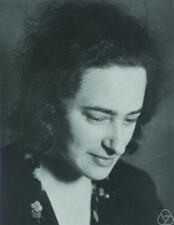
Olga Taussky-Todd
A self-proclaimed “torchbearer for matrix theory,” Olga Taussky-Todd made the previously little-known field essential for scientists and mathematicians.
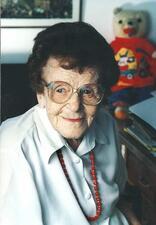
Yemima Tchernovitz-Avidar
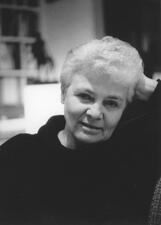
Nechama Tec
Nechama Tec's sociological work, informed by her experience as a Holocaust survivor, addresses the silences and inaccuracies surrounding the Holocaust and reveals untold stories of righteousness and rescue. Her experiences inspired the movie Defiance.
Faige Teitelbaum
When Faige Teitelbaum married Satmar rebbe Rabbi Joel Teitelbaum in 1936, she became the Satmar rebbetzin, in which capacity she was very active in charitable activities. After her husband’s death, she became the only woman in the Hasidic world to function as a de facto rebbe and leader.
Hannah Thon
Hannah (Helena) Thon was a social worker, journalist and editor, a student of Israel’s ethnic communities, and one of the leading figures in the women’s voluntary social-welfare organizations during the Yishuv (pre-State) period in Israel.
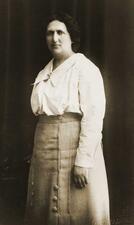
Sarah Thon
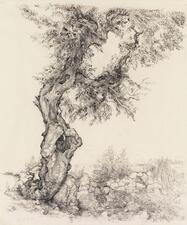
Anna Ticho
From the moment she arrived in the city in 1912 until the day she died in 1980, Anna Ticho lovingly portrayed Jerusalem in paint, pen and ink, charcoal, pastel, and pencil. Her works have been shown around Israel and abroad, and she has received numerous honorary titles and awards. She bequeathed her home, Ticho House, to the Israel Museum to be used as a site for exhibitions and cultural events.
Mahinarangi Tocker
New Zealand singer-songwriter Mahinaarangi Tocker (1955-2008) was best known as a Maori musician, but her Jewish heritage was an essential component of her identity and her music.

Dvora Tomer
Dvora Tomer had a career in the Israeli military for three decades, during which time she worked to expand women’s opportunities in the Israel Defense Forces to include a wider range of roles and fairer treatment.
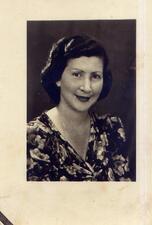
Mina Tomkiewicz
Mina Tomkiewicz was a Polish author who wrote two books based on her personal experience growing up in Warsaw, Poland, and her deportation to Bergen-Belsen concentration camp.
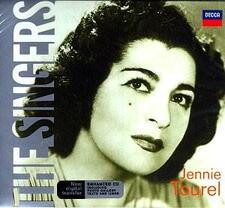
Jennie Tourel
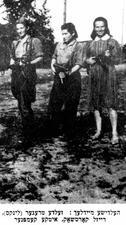
Zelda Nisanilevich Treger
Zelda Treger was born in Vilna, Lithuania, which was occupied by the Germans beginning in June 1941. Treger soon joined the United Partisan Organization (FPO) and was tasked with smuggling groups of residents and supplies out of the ghetto and labor camp. Escaping capture several times, she aided in the liberation of Vilna and ultimately settled in Tel Aviv, where she remained until her death.
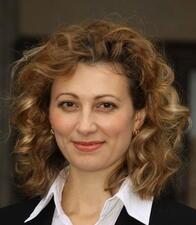
Alina Treiger
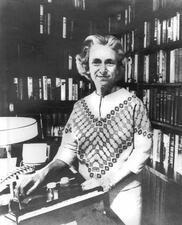
Barbara W. Tuchman
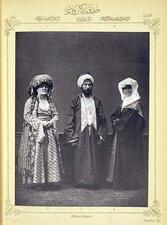
Turkey: Ottoman and Post Ottoman
The Jewish population of Turkey navigated far-reaching changes in the political, social, and geopolitical spheres in the late nineteenth and the early twentieth centuries, as the Ottoman Empire pursued reform and collapsed and the Turkish Republic that took its place imposed a process of “Turkification” on its residents. During this period, Jewish women partook in traditional customs relating to religion, family, and the home, while also accessing new opportunities in the public sphere through education and political engagement.

I had time to notice that it was pasted full of newspaper clippings in a foreign language - before something very unusual happened.
Twenty-First Century Jewish Literature by Women in the US
Twenty-first-century Jewish women’s writing in the United States is wide-ranging in genre and topic. In this body of literature, we can find insightful and nuanced stories of contemporary American life as well as fiction that delves into lost or forgotten Jewish histories. From a female Spinoza to a female golem, a strong feminist ethic is pervasive in these writings.
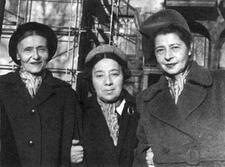
Miryam Ulinover
Born in Poland, Miriam Ulinover was one of the great Yiddish poets of the early twentieth century. Through her poems, she wove traditional Jewish life in the shtetl into a mythical vision of Jewish life, tradition, childhood, and identity.
Liudmila Ulitskaia
Liudmila Ulitskaia is one of Russia’s most famous and celebrated modern writers, known for her voice of moral authority and dissidence against a politically repressive Russian state. Her contemporary realist prose and fiction combines traditional plot and narrative techniques with candid treatment of conventionally taboo subjects such as sexuality, politics, and disease.

Monica Unikel
Mónica Unikel-Fasja is a chronicler of Jewish immigrant stories. She created a dozen guided walking tours in Mexico City and revitalized the oldest Ashkenazi synagogue as a bastion of Jewish culture, designating it a treasure trove of history fully accessible to the general public.
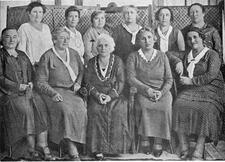
Union of Hebrew Women for Equal Rights in Erez Israel
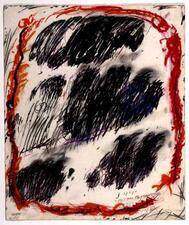
Aviva Uri
Among art lovers in Israel and in the inner circles of artists, Aviva Uri is considered a legend who shaped generations of artists in Israel. Born in Safed, Uri was known for her abstract scribbles that expressed anxiety and distress, as well as her later depictions of mourning, death, and destruction. In 1952, she received the Dizengoff Prize and in 1957 she exhibited her work at the Tel Aviv Museum.
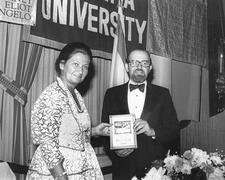
Simone Veil
Holocaust survivor Simone Veil was a pioneer in the French government and the European Union. As Minister of Health, she presented and successfully argued the law decriminalizing abortion in France. She was the first woman to preside over the European Parliament and the fifth woman to be interred in the Panthéon.


